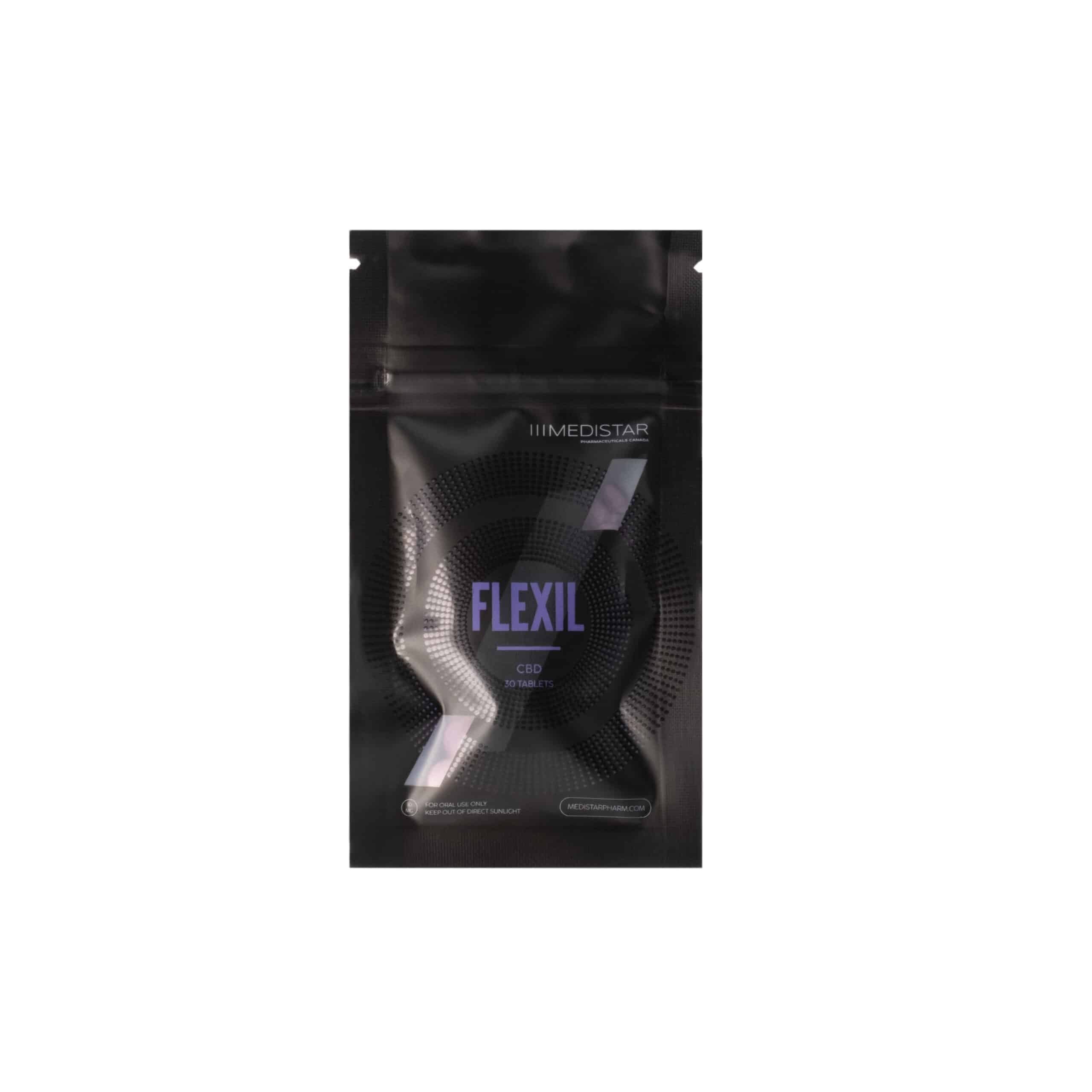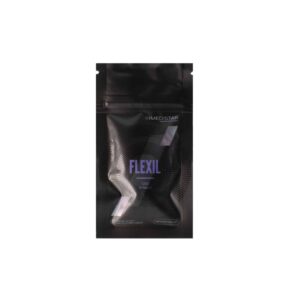Description
CBD, present in cannabis along with THC, doesn’t cause a high. It may help manage certain health conditions, improve mood, and reduce pain. Side effects and drug interactions are possible. Go slow and start low when it comes to dosage.
By now, you may’ve heard someone mention CBD, especially if you live with a chronic condition like pain or anxiety.
In fact, according to a 2023 Healthline survey, 25% of adults in the United States have tried or are interested in trying CBD products.
If you’re curious but unsure where to start, this guide can help answer your questions and clarify some common misconceptions surrounding CBD and its uses.
CBD is one of many active compounds in cannabis. Unlike tetrahydrocannabinol (THC), CBD is nonpsychoactive. Nonpsychoactive means that CBD doesn’t cause a “high.”
Cannabis-derived CBD products may be more effective than those from hemp, but industrial hemp-derived CBD still provides many health benefits.
If you live in a state that hasn’t yet legalized medical cannabis or these products are unavailable, you can still benefit from products containing industrial hemp-derived CBD.
It’s not quite clear how CBD works, but it may activate or block cannabinoid receptors CB1 and CB2.
These receptors are part of the endocannabinoid system and regulate many processes, such as sleep, mood, and appetite.
CBD may also interact with specific serotonin and opioid receptors, stimulating a process that can decrease cholesterol and blood sugar levels.
It may also affect peroxisome proliferator-activated receptors’ gamma activity. This activity affects intracellular calcium release, which is responsible for processes such as muscle contraction, hormone secretion, and cell growth.
There’s not a lot of research on CBD, but the results on topics experts have studied are promising. Some studies have found CBD may be effective in providing relief from various mental health and physical conditions.
One 2015 study on rats found that CBD oil may help treat pain associated with arthritis, while a 2014 study on human cells found that CBD cream was an effective anti-inflammatory.
Likewise, CBD may help treat childhood epilepsy and other seizure disorders. The American Cancer Society says that some evidence points to CBD’s anticancer properties and benefits in managing cancer treatment side effects.
More research is needed to truly understand the potential benefits of using CBD as a complementary treatment for emotional and physical health conditions.





Reviews
There are no reviews yet.